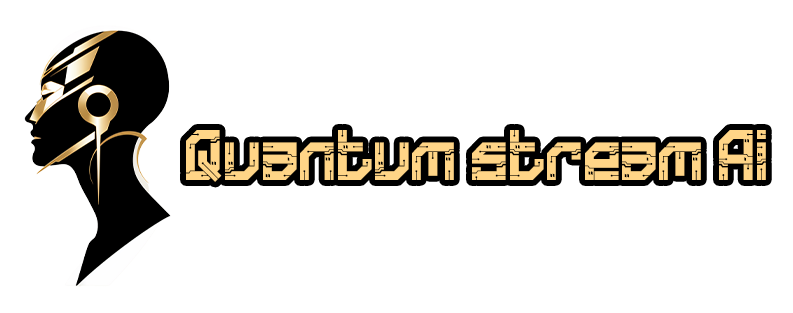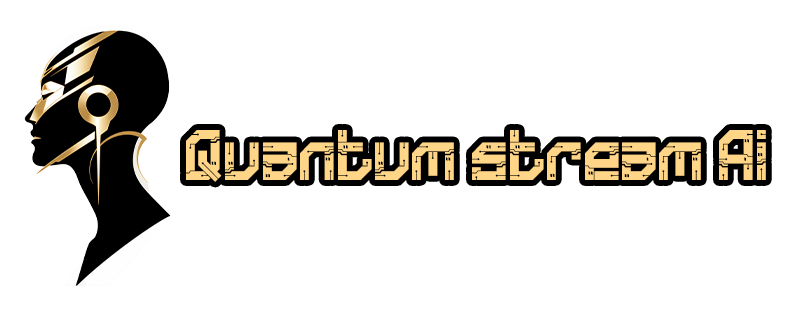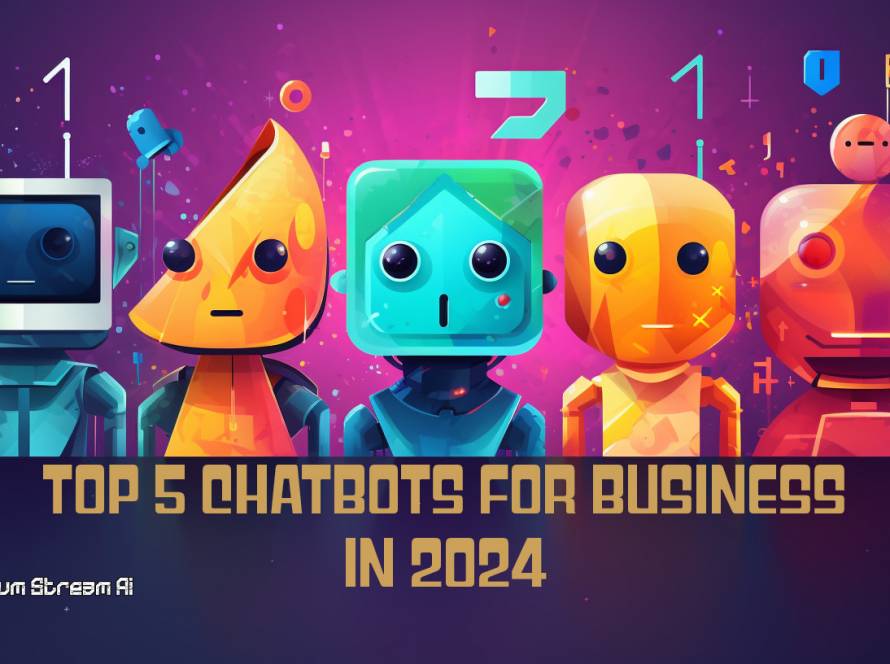Embracing the Future: How AI is Shaping the Workforce Landscape
In an era where artificial intelligence (AI) is often viewed with apprehension, fearing its impact on job security, recent research presents a different narrative. This insight, particularly relevant to us at Quantum Stream AI, highlights the evolving dynamics between AI and employment.
European studies, spanning over two decades, have unveiled a surprising trend: occupations that integrated AI technology witnessed an uptick in employment opportunities. This data contradicts the popular belief that AI would lead to widespread job displacement.
Professor Stefania Albanesi, an esteemed economist from the University of Miami and a key contributor to this study, shares that the research predominantly focused on AI advancements in the 2000s and 2010s. This period was marked by significant developments in deep learning and machine learning models. While these technologies differ from the recent advent of large language models like ChatGPT, the findings provide a window into AI’s potential impact on future employment landscapes.
A Shift in the Employment Paradigm
Contrary to the disruptions caused by earlier technological milestones such as the internet, which led to a decline in routine administrative and production jobs, the AI revolution paints a different picture. The report, examining 16 European nations, reveals that job creation during the deep learning boom was primarily among younger, highly skilled workers, particularly college graduates.
For high-skill occupations, the association with AI exposure was remarkably positive, indicating an increase in employment share between 3.1% to 6.7%, depending on the metrics used. Interestingly, AI’s impact on low and medium-skill jobs was minimal, suggesting a nuanced interaction between AI technologies and various job sectors.

Dispelling the Myths Around Technology and Employment
Historically, technological advancements have often been met with fears of job losses. However, the pattern emerging from AI’s integration into the workforce suggests otherwise. While it’s true that AI has primarily replaced routine and repetitive tasks, the advent of sophisticated models like large language models poses potential risks to non-routine jobs, a significant segment of the workforce.
Despite these concerns, Professor Albanesi remains optimistic. The evolution of AI doesn’t necessarily equate to a net decline in jobs. Instead, new job opportunities may emerge, spurred by the capabilities and efficiencies brought about by AI technologies.

Quantum Stream AI: Navigating the Future with Confidence
At Quantum Stream AI, we recognize the transformative potential of AI in reshaping the employment landscape. By staying at the forefront of AI developments and understanding their implications, we not only adapt to the changing job market but also leverage these technologies to create innovative solutions for our clients. The future of work is not about displacement but about adaptation and growth, and we are committed to leading this journey.




